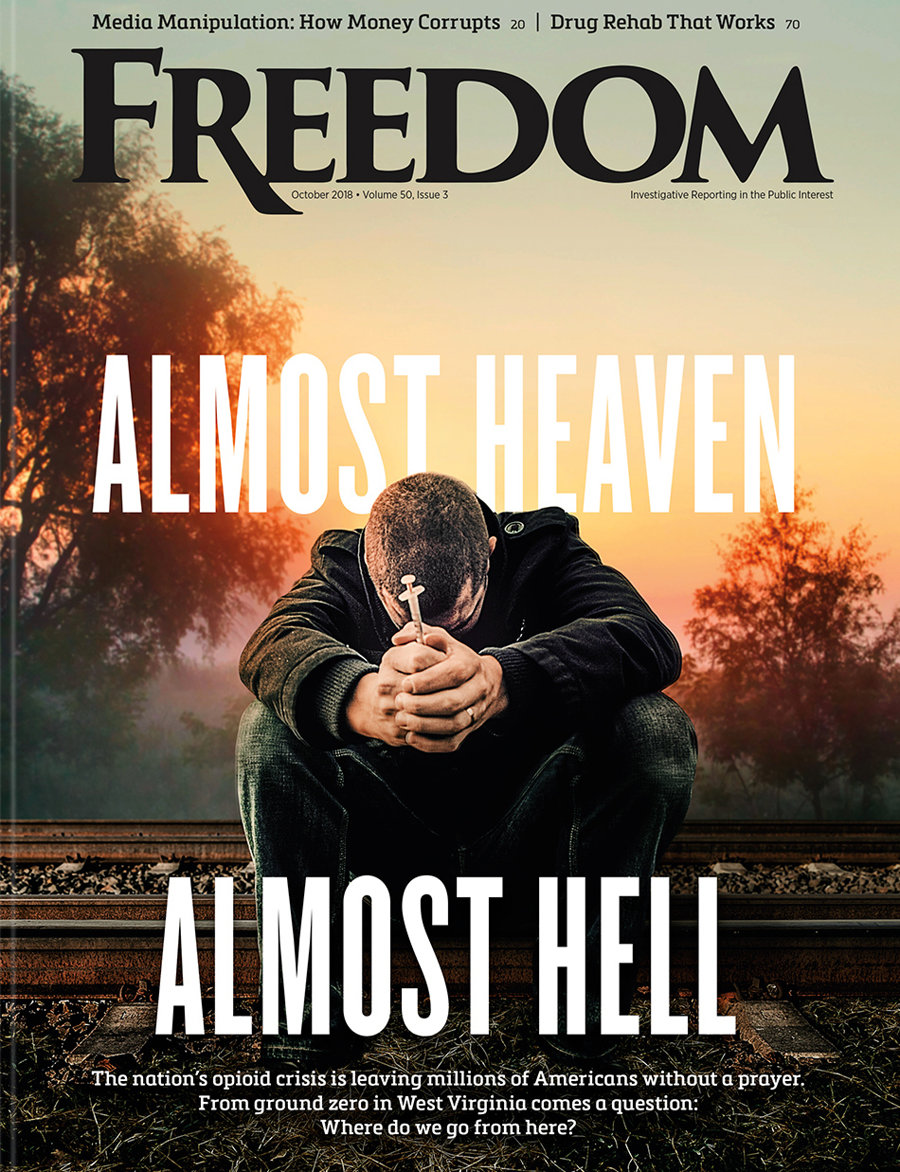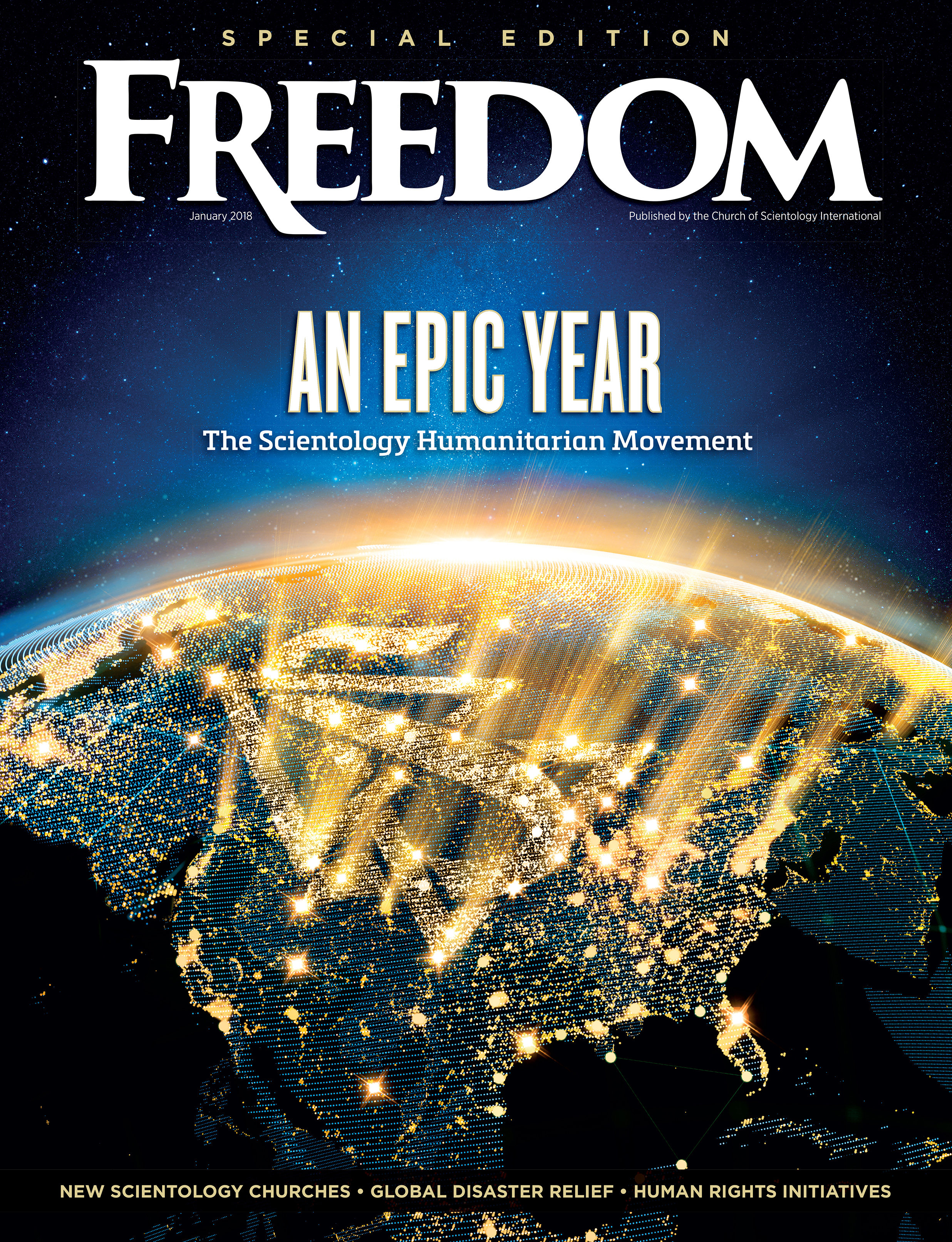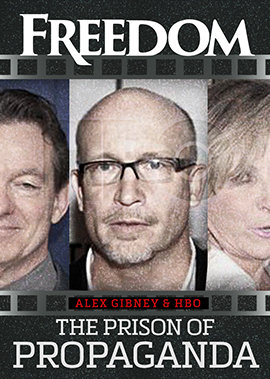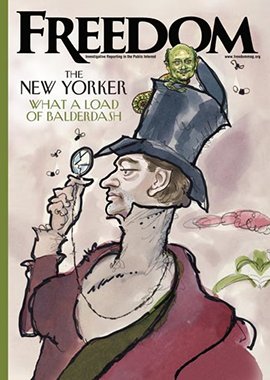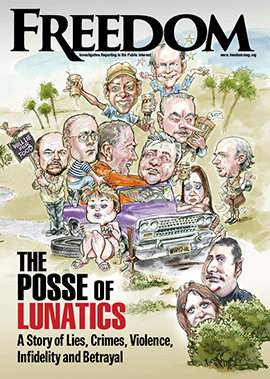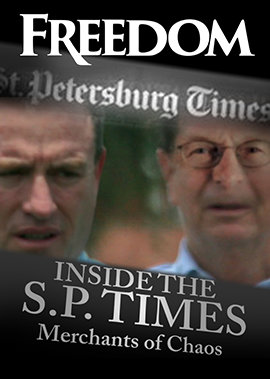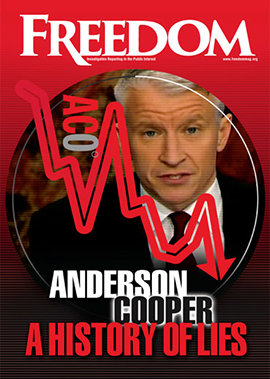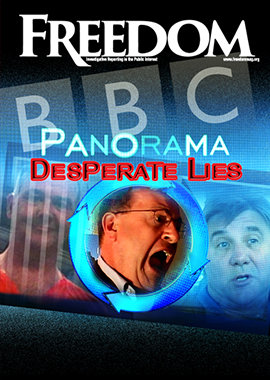“Politics and religion do not mix. They are inherently different activities. Religion seeks salvation, politics seeks power.… When religion becomes political or politics becomes religious, the result is disastrous to religion and politics alike.”
—Rabbi Lord Jonathan Sacks
It may be a bit to wrap one’s wits around. Still, those are the findings of a just-released exhaustive two-year study involving over 6,000 Americans representing Protestant, Catholic, Jewish, Muslim and Latter-day Saint communities as well as Americans of no faith.

The study was conducted by More in Common, a nonprofit that seeks “to understand the forces driving us apart, find common ground, and help bring Americans together to tackle our shared challenges.”
Though it may feel like we live in a deeply polarized society in which combatants—nestled in their echo chambers—are convinced that those who disagree with them hold impossibly extreme views, the study’s authors found this actually wasn’t the case. The project revealed that, rather than having extreme left or right party views to the exclusion of anything else, Americans reserve most of their mental and spiritual bandwidth for their religious identity.
A whopping 73 percent of Americans consider their faith an important part of their identity.
Furthermore, according to the study, much more unites than divides us.
The study spotlights three fundamental misperceptions about the attitude of Americans toward their countrymen, and points out how understanding these misconceptions can help unify rather than divide us.
Misperception 1: Faith is all about politics.
As an example of this misperception, the study found that non-Evangelicals assume that “all” Evangelicals hold their political identity as paramount to all else. They are dead wrong. By a factor of 10. Non-Evangelicals estimate that 41 percent of Evangelicals say party affiliation is their most important identity. The reality is that just 4 percent actually do.
This overestimation holds for all major religions surveyed. “The overwhelming norm among America’s religious populations … is that spiritual life is not a political arena,” the report concludes.
But due to the falsehood that religion dictates one’s politics, a phenomenon occurs that the authors dub “collateral contempt.” The term refers to contempt for a political philosophy spilling over to animosity toward religious groups perceived to be on that side of the fence. Turn up the volume on it a tad, and that way lies polarization, bigotry and hate.
Misperception 2: Faith is becoming irrelevant in Americans’ lives.
While acknowledging the declining trends in church attendance, the study found that “the general public underestimates the value Americans, especially younger Americans, still place on personal faith and belonging to faith communities.”
In truth, a whopping 73 percent of Americans consider their faith an important part of their identity. Younger Jews and Muslims, especially, hold their religion at a much higher value than most would assume: 69 percent of Jews under 30 say religion is important in their lives, 78 percent say that being Jewish is an important part of their identity. With Muslims under 30, those percentages are 94 and 92, respectively.
Misperception 3: Religious Americans are intolerant.
Once again, the perception is the illusion. The idea that religions are intolerant of other religions is simply dead wrong in America. The study found that “the majority of Americans across religious groups value religious pluralism and want the United States to be a place where people of all religions feel that they belong.”
In other words, those who are tolerant, who are welcoming, who are willing to engage and learn are in the large majority. Among American Evangelicals, it’s 78 percent, and among Muslims, it’s 75 percent. Yet the prevailing thought is that only half the members of these faiths are open to religious pluralism.
In summary, More in Common has found that we, indeed, do have more in common than we think. It has unburied the truths that:
- Faith is about faith, and politics is about politics.
- Faith remains built into the DNA of Americans’ lives.
- Religious Americans have their arms and doors open wide to the tapestry of faiths that comprise—and bless—our nation.
In the words of L. Ron Hubbard: “Men without faith are a pretty sorry lot. They can even be given something to have faith in. But when they have religious beliefs, respect them.”
The things that unify us spiritually and morally have always been there: kindness, respect for others, generosity, honesty, equality, freedom of religion and speech. These are things that transcend answers on a census form.
How to get back to those things is the question. How can we overcome the shadows that divide us and see them for the mere shadows they are?
More in Common has an answer to that question: Look to your faith leaders.
According to the study, “Despite the erosion of trust in institutions in recent years, faith leaders remain among the most trusted people in their local communities.”
Over half of those attending religious services look to their pastor, minister, imam or rabbi to guide them in overcoming division and adversity.
So, according to your fellow Americans, your local faith leader might be in the best position to help you navigate the rocks and shoals that define these times. Make an appointment. Show them the survey. Who knows? They may be just as surprised as you are by the results.
Instead of throwing stones “over there,” let’s start the healing right here, wherever “here” is for you, and spread it from there.
According to the study, we’re open to it, after all.






